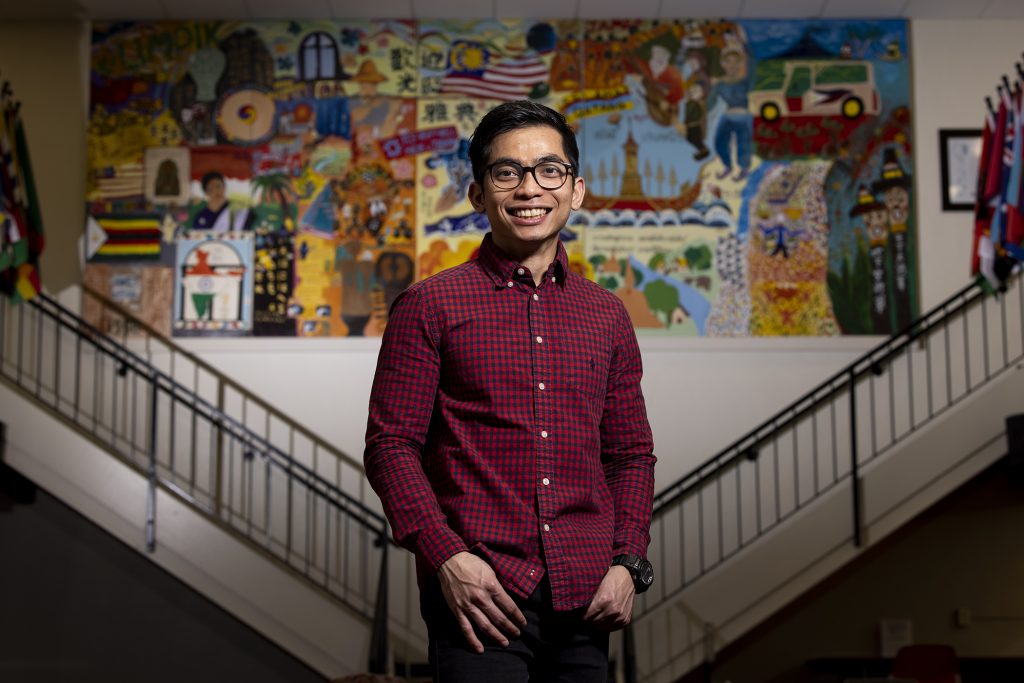For international students, acclimating to the University of Georgia during the pandemic presented a unique challenge. Wisnu Pradana saw an opportunity.

Pradana, a Fulbright Scholar who came to UGA from Indonesia in 2017, had already participated in and benefited from ISL’s programs, but realized a missing piece as 2020 grew more challenging and confusing.
“International students had a lot of questions, but not really a safe space to ask some of them,” he said. “ISL Circles provides a forum to ask those questions and address their curiosities and concerns.”
Pradana said that international students experience challenges unique to them, which are different from local students, because they are very far away from their parents and homes, and there are complexities involving year-to-year financial and visa considerations. Additionally, many international students are graduate students and bring their families with them to Athens.
“We want them to know they’re not alone,” Pradana said. “There are other graduate students, other students with families. There are other international students who have felt homesickness and uneasiness.”
Through ISL Circles, students hear from psychologists, international student life practitioners and experts on topics of interest, like COVID-19 or American politics. One speaker was a SPIA faculty member who discussed the upcoming national elections.
“What happened with these two candidates? Why is this election so special and intense?” Pradana asked. “We want international students to know what’s happening in this country and why people are so worried about this election, and what it means for them.”
Similarly, a speaker from the University Health Center talked about vaccines and addressed questions about distribution, eligibility, timing and costs.
Language Labs, which had already been around for more than a year, paired international students with domestic students for mutually beneficial language practice. Pradana suggested revamping the curriculum to focus more on culture. He said that when international students come to UGA, they are already proficient at English, having taken language tests and completed other school and visa requirements.
“Their gap is actually culture and ways of living,” he said. “They need to know how to order food, why Social Security numbers matter. What is the knowledge they need to be successful in class and society – to engage with the UGA community and their classmates?”
Though the pandemic presented an immense challenge to cultural and instructional acclimation for international students, Pradana said it also enabled the university to increase access.
“It hinders our physical engagement, but at the same time provides a very practical medium for international students all over UGA to connect and receive information,” he said.
When they launched ISL Circles last year, many students were still in their home country, but were still able to participate in events they would have missed. With Language Labs, ISL was able to connect with students at other UGA campuses, like Tifton.
“Many of our program models were face-to-face meetings and were only organized on the Athens campus,” he said. “So the pandemic challenges us, yes, but in requiring us to be more creative, we’re able to create programs and solutions that are more accessible for everyone.”
Pradana’s ultimate goal was to ensure there was a space for international students to voice their questions and concerns, and to know they belong.
“I’m so passionate about this. I know firsthand what international students feel,” he said. “We want them to know that they are an important part of UGA.”
